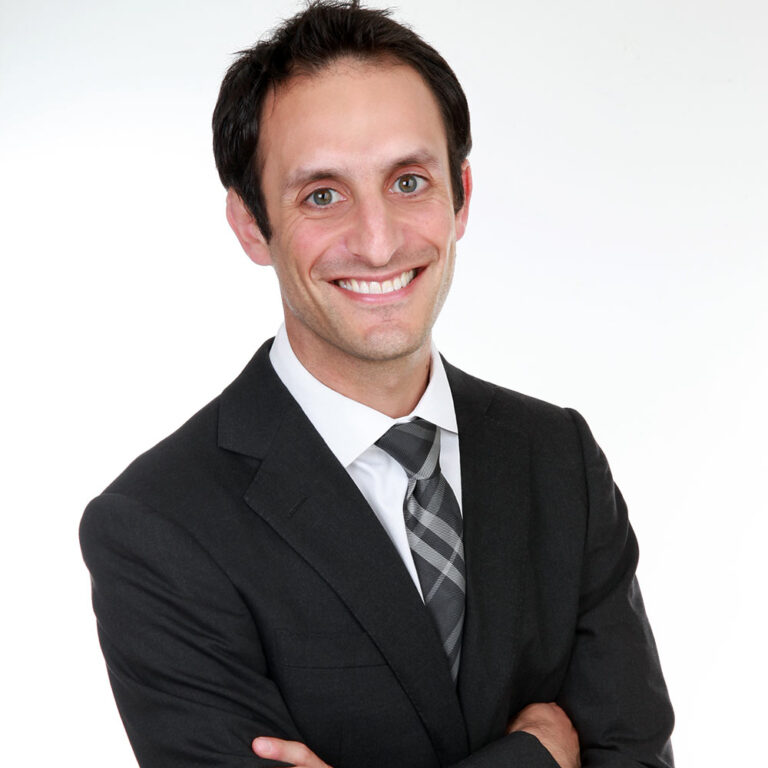Cataract Surgery
Eye Surgery
What is cataract surgery?
Cataract surgery involves replacing the eye’s natural lens, which has become cloudy, with a clear artificial lens to help restore sharper vision. It is one of the most commonly performed and safest eye procedures worldwide.
Cataract surgery may reduce your reliance on glasses and can help improve your overall quality of life, especially if cloudy vision is affecting your daily activities.
You may benefit from cataract surgery if you experience any of the following:
• Blurry, hazy, or foggy vision when reading or looking into the distance
• Colours appearing dull or washed out
• Difficulty seeing clearly while driving, especially at night
• Increased sensitivity to bright light or glare
• Frequent changes to your glasses prescription
At your consultation, we’ll assess the health of your eyes and discuss whether cataract surgery is suitable for you. Your visual goals and lifestyle needs will help guide the selection of your intraocular lens (IOL).
What is a cataract?
A cataract is the clouding of the eye’s natural lens, which can prevent light from properly reaching the retina and cause blurred or distorted vision. Cataracts are most commonly related to ageing, though they can also result from other medical conditions, medications, or eye injuries.
When cataracts begin to interfere with your ability to see clearly or carry out everyday tasks, cataract surgery may be recommended. This involves removing the cloudy lens and replacing it with a clear, artificial intraocular lens (IOL) to restore vision.
At Vista Eyes, we perform detailed assessments to determine whether cataract surgery is suitable for your eyes and lifestyle. Your surgeon will discuss all available lens options and help you choose one that aligns with your visual needs.

Meet your Surgeon - Dr Justin Sherwin
Dr Justin Sherwin is experienced in a range of lens-based vision correction procedures, including cataract surgery, blended vision (monovision), and the use of intraocular lenses such as extended depth of focus and multifocal lenses. During your assessment, Dr Sherwin will discuss the available options to help you find a vision correction approach that suits your individual needs and lifestyle. Your expected benefits and any potential risks will be explained as part of a personalised treatment plan.
Learn More About Cataract Surgery
Cataract surgery is performed as a day surgery by Dr Justin Sherwin.
Cataract surgery is a common day procedure that takes less than 30 minutes per eye. Before the procedure, an anaesthetist will administer a light sedative to help you stay calm and comfortable. Anaesthetic eye drops will also be used to numb the eye.
The surgeon creates a small opening in the eye, typically less than 3mm, to access the cloudy lens. A technique called phacoemulsification is used to gently break up and remove the cataract using ultrasound. Once the natural lens is removed, it is replaced with a flexible intraocular lens (IOL), which is folded for insertion and then unfolds into place inside the eye.
Most patients remain at the day procedure centre for around two hours. You will need someone to drive you home and stay with you for the day. Each eye is typically treated at least one week apart.
You’ll need someone to accompany you home after surgery, and you should plan to rest for the remainder of the day. Avoid any strenuous activity for at least 48 hours.
Your vision may be blurry initially due to the anaesthetic eye drops, but most people notice vision improvement within the first day after surgery, but each patient’s healing timeline is different.. It’s normal for your vision to fluctuate slightly as the eyes continue to heal over the next few weeks. Some patients experience mild discomfort or a gritty sensation during the early recovery period. Anti-inflammatory eye drops will be prescribed to support healing.
An IOL is essential after cataract surgery, as removing the natural lens without replacement would result in very blurred vision. At Vista Eyes, we offer a range of IOLs tailored to suit your eyes, lifestyle and visual needs.
Accurate measurements are taken to determine the ideal lens strength for each patient. Dr Sherwin uses these to select a lens that not only corrects for short- or long-sightedness, but also for astigmatism—using toric lenses in over 80% of cases for more precise vision correction.
Many patients find they are significantly less reliant on glasses after surgery. Some may only need glasses for reading, while others choose a premium IOL to further reduce spectacle dependence.
These options include:
• Extended depth of focus IOLs: to enhance intermediate and distance vision
• Multifocal IOLs: to provide a broader range of vision across near, middle and far distances
• Monovision (blended vision): where one eye is optimised for distance and the other for near vision
At your consultation, Dr Sherwin will explain your options and help determine which approach is best suited to your individual visual goals.
Yes, you will need a current referral to see Dr Justin Sherwin for cataract assessment and treatment.
Schedule your initial consultation today
Come in to learn all about cataract surgery and for your comprehensive eye examination. Please note you will need a current referral to see Dr Justin Sherwin for cataract assessment and treatment.
- Free parking onsite
- Complimentary tea, coffee, soft drinks, filtered water and biscuits
"*" indicates required fields